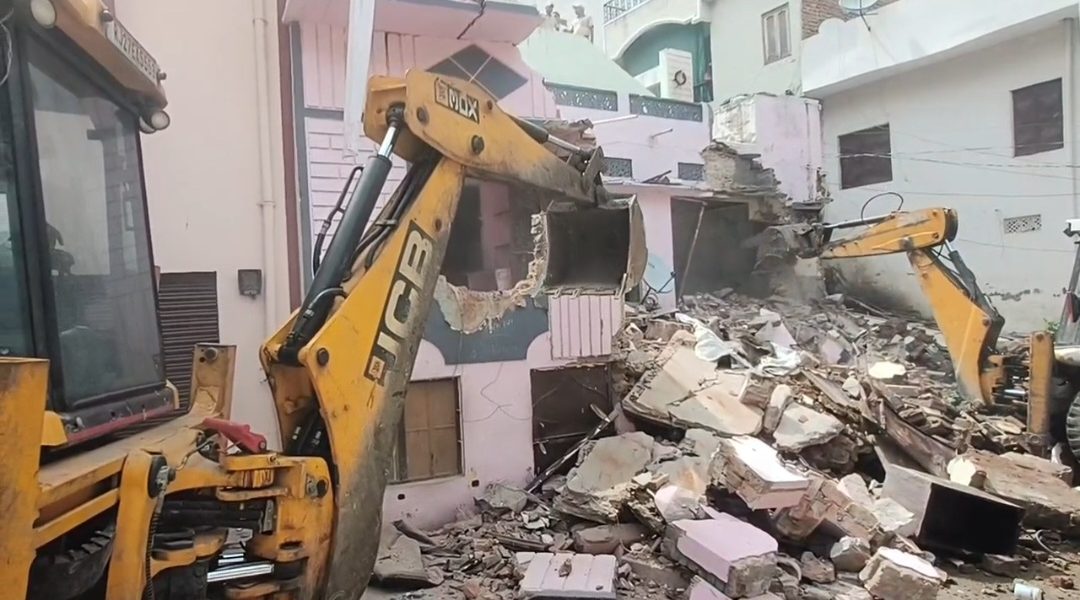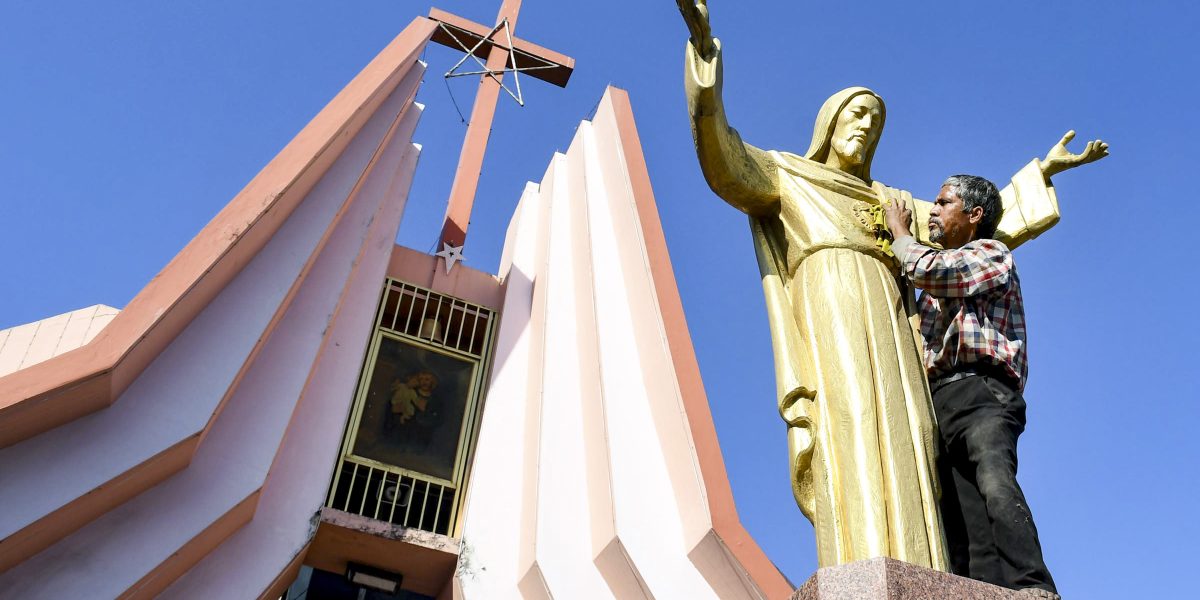
Jaipur: In February 2019, Rashid Khan decided to purchase a single-storey house in Khanjipeer – a locality named after Khanji Feer, a 17th century Dawoodi Bohra saint, in Rajasthan’s Udaipur and populated predominantly by residents from the Muslim community.
Khan had saved money from his income as an autorickshaw driver ferrying passengers everyday for many years and also took a loan from his acquaintances to arrange the amount of around Rs 17 lakh that he paid to the family of Shafi Mohammad, who earlier had possession of the house.
On August 17, 2024, Khan, 60, watched as bulldozers demolished the house on the orders of the Udaipur district administration and the Rajasthan Forest Department, just a day after the 15-year-old son of a man who lived as a tenant in the house and paid rent to Khan, allegedly stabbed and injured his classmate at a city school over a dispute.
“How is it justice that a house is demolished because the son of the tenant living in it has committed a crime? I am the owner of the house and the family of the accused was living as rented tenants. Why is the punishment of a crime committed by one person given to me? If the administration says that the house is illegal, why did it wake up just after this incident? They demolished the house on a day’s notice,” Khan told The Wire.
This story was originally published in thewire.in. Read the full story here.





